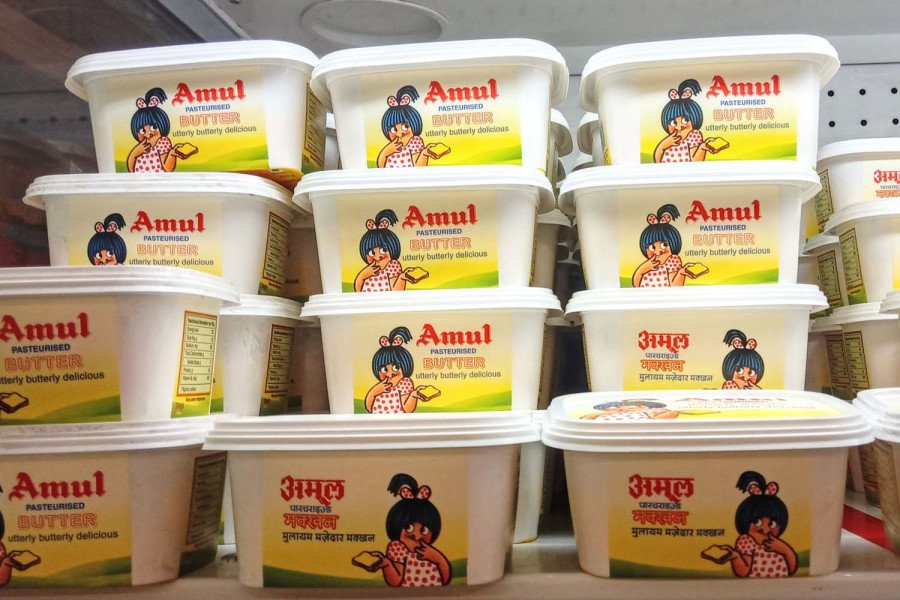Kathmandu | May 29, 2025 — In a significant development for India’s cross-border dairy trade, the Government of Nepal has lifted a partial ban on select dairy product imports from India, including whey and various categories of cheese. This decision marks a significant policy shift following the Inter-Governmental Committee (IGC) meeting on trade and transit held in Kathmandu earlier this year.
The move is expected to benefit Indian dairy brands, most notably Amul, whose products had been restricted under the February 2024 ban implemented by Nepal’s Ministry of Agriculture and Livestock Development.
🧀 What Was Banned — And What’s Now Allowed?Initially, the ban targeted a wide range of products, including buttermilk, butter, pasteurised milk, cheese, and whey, and was primarily aimed at protecting Nepal’s domestic dairy sector. However, officials in Nepal have now revised this position:
“We have allowed specific businesses to import products that are either not produced domestically or are produced in limited quantities,” said Shabnam Shivakoti, joint-secretary at the Ministry.
Import permissions will now be granted on a case-by-case basis, with clear guidelines to ensure these imports do not undercut local producers where sufficient supply and quality exist.
🛑 Why the Ban Was Introduced
The initial import restrictions were imposed on the recommendation of the Dairy Development Corporation (DDC) and other domestic stakeholders. Their goal was to:
- Support price realisation for local dairy farmers
- Address payment delays by processors like DDC
- Protect the local dairy ecosystem from being overrun by cheaper imports
However, as dairy processors accumulated unsold stockpiles and the quality of local cheese failed to meet the standards of the hospitality sector, the policy began to show cracks.
🍕 The Demand-Supply Disconnect
Key stakeholders in Nepal’s food and hospitality industry, including international chains such as Pizza Hut, have raised concerns about the lack of quality domestic cheese. “We’re open to buying locally, but only if the product matches import standards,” said one stakeholder. The Yak and Kanchan brands of soft cheese produced by the DDC, along with limited mozzarella production, have not met the benchmark.
📊 Trade Snapshot
According to Nepal’s Department of Customs:
- 87 tonnes of whey worth Rs14.96 million
- 125 tonnes of cheese products worth Rs86.66 million
were imported in the first 10 months of FY 2024–25, indicating steady demand even amid restrictions.
🐄 A Dairy Sector in Crisis
Nepal’s dairy crisis runs deep. While milk production has increased, domestic consumption has dropped, primarily due to rising milk prices (now Rs110/litre vs Rs76 in 2019) and declining household incomes.
The DDC owes nearly Rs1 billion to farmers in unpaid dues dating back to January 2025. A Rs600 million bailout credit facility has only marginally improved the situation. Meanwhile, processors have begun exploring exports to China to offload surplus butter and powdered milk.
🌏 Strategic Implications for India
This easing of import restrictions is a positive development for Indian dairy exporters, particularly cooperative brands like Amul, which have a growing presence in SAARC markets. It also:
- Reinforces the need for bilateral dialogue on agricultural trade
- Validates the quality and diversity of Indian dairy products
- Strengthens India’s dairy export narrative amid global competition
📌 Editorial Insight
India’s dairy sector has matured beyond basic exports. As neighbouring markets like Nepal struggle with production quality and supply gaps, Indian dairy cooperatives and private brands are uniquely positioned to plug these gaps, provided diplomatic and regulatory frameworks remain open and fair.
